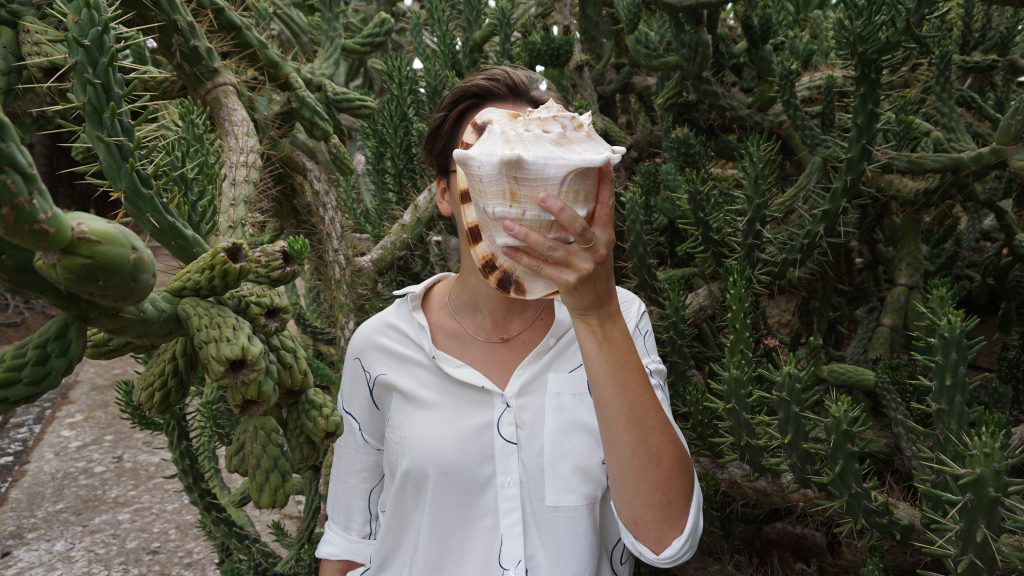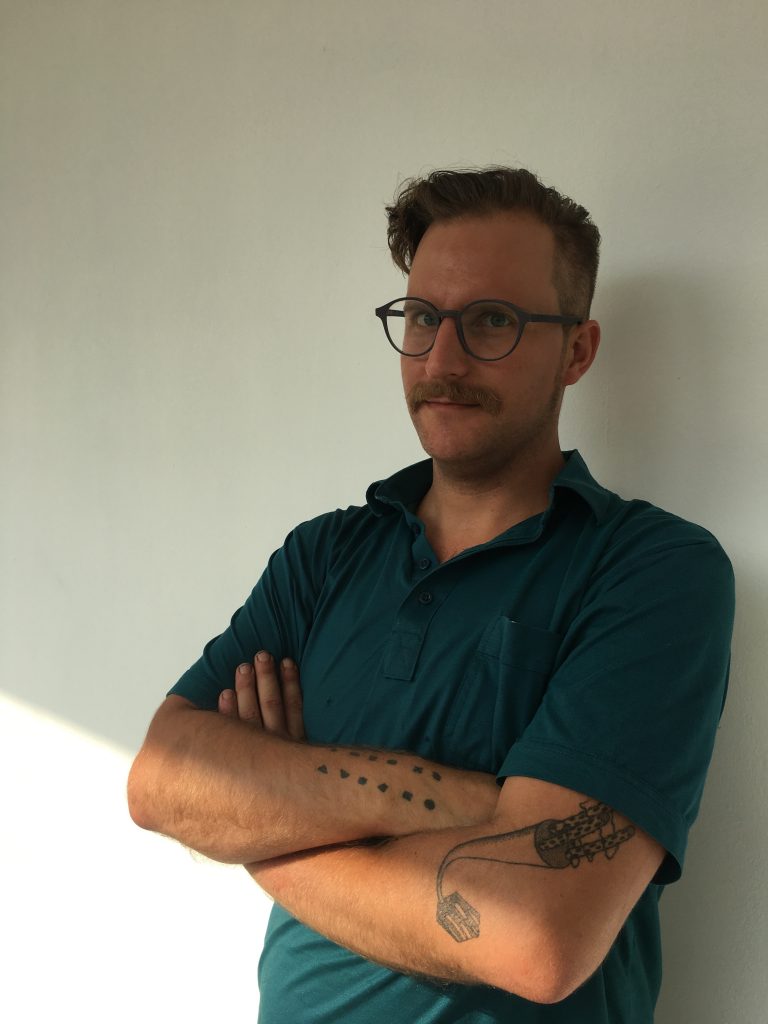Dialogue #1
Borbála Soós & Post Brothers
- 10th November, 6 p.m. (Tuesday)
- Event will be held online on Facebook Muzeum Pana Tadeusza in two languages: English and Polish
On Tuesday 10th November at 6 p.m., the Pan Tadeusz Museum invites you for a presentation by Borbála Soós in dialogue with Post Brothers, the first event in a series of dialogs with Post Brothers.
As part of the film program ‘Hands up!’ Rebellion in V4 cinema the Pan Tadeusz Museum presents a series of public dialogues addressing the precarious social, ecological, and political conditions of community and cultural production today.

The first dialogue of seriers features Borbála Soós, a London-based Hungarian curator and researcher whose practice responds to, disrupts, and enriches environmental thinking and related social and political urgencies. In this event, Soós will share her recent research into practices of ‘rewilding’, an ecological practice that seeks to undo anthropocentric environmental transformation by means of reestablishing rich multi-species entanglements. Rewilding can also be understood in an expanded social, political and activist sense, with the potential to help recuperate the voices of the erased, including the subjugated and oppressed, the indigenous and endemic, the human and non-human. The place ‘where wild things are’ represents the anti-hegemonic, where disorder and disobedience interrupt neat narratives, and where new kinds of structures can arise.
In her discussion with Post Brothers, Soós will situate this practice within her long-standing interdisciplinary work concerning biopolitics, the commons, systems dynamics, climate activism, and queer theory, and will explore the wild as a place where radical freedoms and creative practices can catalyze inventive responses to the ecological, social, and political urgency of the climate crisis.
Curatorial assistance: Ewa Tatar
Born in 1984 in Budapest. Is a curator and an active advocate, participant, and organiser of artistic and ecological research. She holds an MA in Curating Contemporary Art, Royal College of Art, London (2012), as well as an MA in Film Studies and an MA in Art History at Eötvös Loránd University, Budapest, 2009. From 2012 to 2019 she was director/curator of Tenderpixel, a contemporary art gallery in central London. She curated projects in collaboration with the OFF-Biennale, Budapest; Trafó House of Contemporary Arts, Budapest; ICA, London; Camden Arts Centre, London; tranzit, Bratislava; Rupert, Vilnius; and Nogueras Blanchard, Madrid among others.She regularly lectures, conducts workshops, and teaches at universities such as Goldsmiths College, the Royal College of Art and Central Saint Martins. She is leading a Peer Forum in collaboration with Artquest at the Horniman Museum and Gardens in London, and is a Research Associate at CCA Derry~Londonderry in Northern Ireland.
Born in 1984 in Los Angeles. Is a critical enterprise that includes Matthew Post, an enthusiast, word processor, and curator often engaged in artist-centered projects and collaborations, or occupying the secondary information surrounding cultural production. Post completed his BFA at the Emily Carr Institute of Art and Design in Vancouver, Canada (2006), and an MA in Curatorial Practices at California College of Arts in San Francisco, California (2009). From 2016 through 2019, Post Brothers was the curator at Kunstverein München in Munich, Germany, and has curated exhibitions and presented projects across the world. His essays and articles have been published in numerous magazines and journals, as well as in a litany of artist publications and exhibition catalogues. Post Brothers also regularly participates in exhibitions with text-based and performative contributions, and lectures and teaches seminars throughout Europe. He lives in Kolonia Koplany, a small village in Eastern Poland.
Media partners:
Honourable patronat:
- Hungarian vice-consulate in Wrocław
The project is co-financed by the Governments of Czechia, Hungary, Poland and Slovakia through Visegrad Grants from International Visegrad Fund. The mission of the fund is to advance ideas for sustainable regional cooperation in Central Europe.



